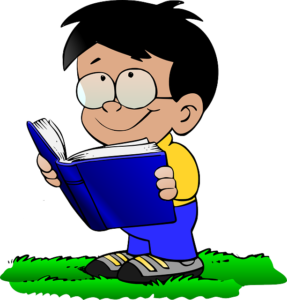There are situations where it is possible to use either ‘ing or the to + infinitive. For example after begin and start we can use either:

I began eating/to eat my dinner before I finished cooking it.
Before they start complaining/to complain, they should perhaps sit down and talk about how they feel.
After certain verbs
stop + infinitive
They stopped to get some food (first event stopped, then they got food)
The company stopped selling books to focus on online publications. (the books are not sold anymore, the focus is online)
stop + ing
We stopped seeing each other (we do not see each other anymore)
Their dog stopped licking the floor (the dog does not lick the floor anymore)
go on + ing
Let’s see what happens if you go on taking medication every day.
after numerous verbs we use infinitives (to look forward) and ‘ing’ verbs (to look at the present or past)

She must think about it (future)
They like cooking in the evening (present)
We must try climbing one day (future)
We use infinitive verbs after:
come and
After work, why not come and eat here?
try and
Please try and come to see us next time you are in London!
We often use infinitive to question

Why phone him today?
Why not bring your friend to the party?
How about if you closed early on Friday?
Focus on result or process
result – Did you hear a clunk? (a deep noise made when two objects hit each other)
process – What is that clunking noise?
Perfect infinitives

have + past participle
They were sure to have evaluated everything correctly.
The weather forecasters will have studied for many years before working on TV.
_____
Above is a ‘taster’ of material that we teach in our online classes.
All classes are given by a CELTA qualified native British teacher from London.


